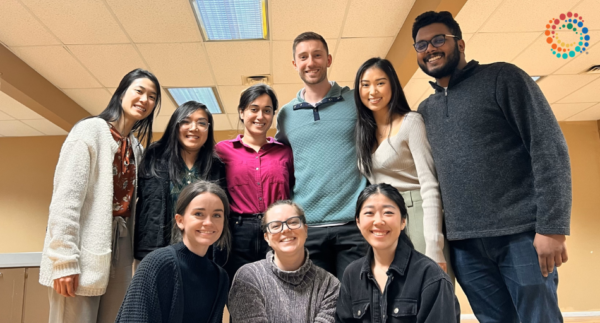Significant strides to improve health outcomes start outside of the clinic
By Qadira M. Ali, MD, MPH, DipABLM

At the heart of health equity-driven care lies the idea that individuals must not only be provided recommendations for clinical best practices to optimize health, but also the tools to make implementing those recommendations achievable. Every individual or community possesses a unique constellation of historical, social, environmental, and political influencers on their ability to live a robust, healthy life. It is well established just how influential these factors are in determining health outcomes, with estimates ranging as high as 60% to 80%.
But how do we, as lifestyle medicine practitioners, know what these unique factors are? We must ask, or better yet, we must screen for social influencers of health universally.
A move toward screening
Nationwide, hospitals and clinics are adopting screening for health-related social needs (like food insecurity, employment status, and transportation) at increasing rates, as described in a recent Journal of the American Medical Association article. The move towards screening for social needs has revealed the importance of collaborative relationships between healthcare settings and external, community-based partnerships or interventions whose mission it is to address the social needs identified through screening.
As momentum builds to shift health services from a fee-based to value-based care model, healthcare institutions have even more motivation to build strong networks of resources, programs, and services that help patients navigate short- and long-term barriers to better health.
Addressing social needs
This network of resources may include a far-reaching array of services, from temporary housing vouchers to federal nutrition assistance programs and to work training programs. Research has shown, unsurprisingly, that addressing social needs in conjunction with the provision of clinical care improves patient satisfaction, outcomes, and quality of life.
Evidence supporting the use of therapeutic lifestyle interventions, like plant-based nutrition and physical activity, to transform health are compelling. Yet, we cannot stop there. Screening for proximate health-related social needs during clinical encounters is imperative, as is building a network of resources with which to connect patients once needs are identified.
How to learn more
The upcoming HEAL webinar series called HEALers Healing will highlight the work of exemplary community partners who model what it means to simultaneously address lifestyle medicine pillars and social influencers on health.
The series will launch in 2024, so stay tuned!









